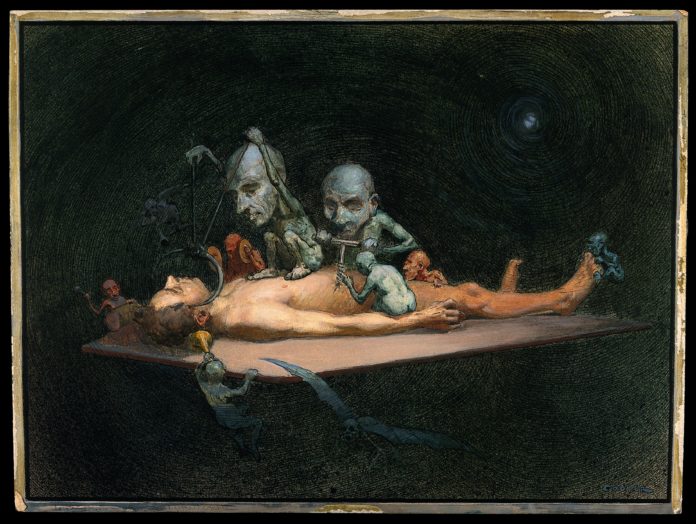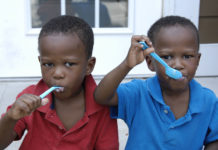
Cannabidol, a pharmaceutical formulation of one of the active ingredients of cannabis, along with other epilepsy treatments can help drop seizures – seizures which involve sudden falls due to loss of muscle tone – in people with Lennox-Gastaut syndrome, according to a phase 3 randomised clinical trial published in The Lancet.
Around 1-4% of childhood epilepsy cases are caused by Lennox-Gastaut syndrome – a lifelong, severe form of epilepsy involving multiple seizure types and cognitive impairment. While there are a range of drug and non-pharmacological treatments (such as ketogenic diet, nerve stimulation, and brain surgery) available, these only help 10% of patients become seizure free.
The 14-week trial reduced the frequency of seizures, but the long-term efficacy and safety of the pharmaceutical formulation of cannabidiol, as well as the drug’s interaction with other epilepsy drugs, now needs to be confirmed.
“There is an urgent need for novel treatment options for patients with Lennox-Gastaut syndrome, and we are pleased that our study has potentially found an additional option to add to patients’ existing treatment to reduce drop seizures. Our results suggest that the use of cannabidiol as an add-on therapy with other anti-epilepsy drugs might significantly reduce the frequency of drop seizures in patients with Lennox-Gastaut syndrome, which is positive news for these patients, who often do not respond to treatment,” says lead author Dr Elizabeth Thiele, Massachusetts General Hospital, USA.
She notes: “It’s important to highlight that the drug used in this trial is a pharmaceutical formulation, and not medical marijuana.”
The 14-week trial involved 171 participants aged 2-55 years from the USA, the Netherlands or Poland, who had had a variety of seizures over the past six months (including two or more drop seizures per week during the four week baseline period).
All participants were highly treatment resistant. Before the trial began, participants had not responded to an average of six anti-epilepsy drugs, were taking three anti-epilepsy drugs, and had 73.8 drop seizures every 28 days, on average.
Participants were given a daily dose of a pharmaceutical formulation of cannabidiol (86 people) or placebo (85 people), alongside their usual treatment, for 14 weeks. During this time participants or their caregivers recorded the number and types of seizures each day, as well as medication use and adverse events.
At the end of the trial, drop seizures reduced by 43.9% for the cannabidiol group (from an average of 71.4 drop seizures per month at the start of the trial, to 31.4 per month at the end), compared with a 21.8% reduction for those taking the placebo (from 74.7 seizures per month to 56.3 per month at the end).
Participants in the cannabidiol group also had a greater reduction in their levels of other seizures, and monthly frequency of all seizures decreased by 41.2% (from an average of 144.6 seizures per month at the start of the trial, to 83.8 per month at the end), compared with a 13.7% reduction for the placebo group (from 176.7 seizures per month to 128.7 at the end of the trial).
62% (53/86) participants in the cannabidiol group experienced side effects related to the treatment, compared with 34% (29/85) participants in the placebo group. The most common adverse events in the cannabidiol group were diarrhoea, drowsiness, fever, decreased appetite and vomiting. Serious adverse events were reported in 20 participants in the cannabidiol group, the most common of which were increases in liver enzymes that showed no signs of lasting damage in four participants.
There were no instances of abuse or misuse of the study drug throughout the trial.











